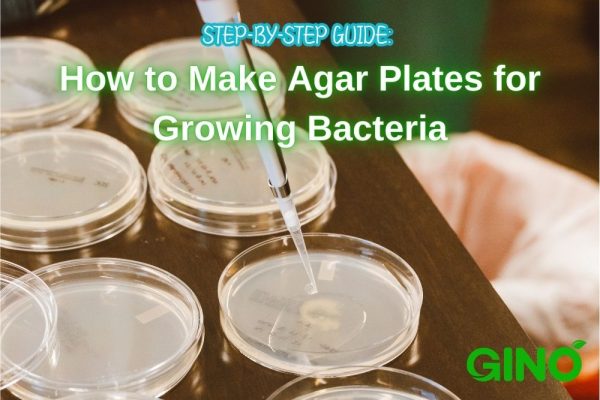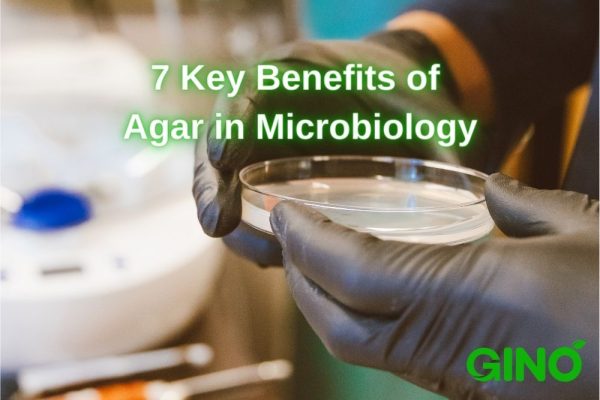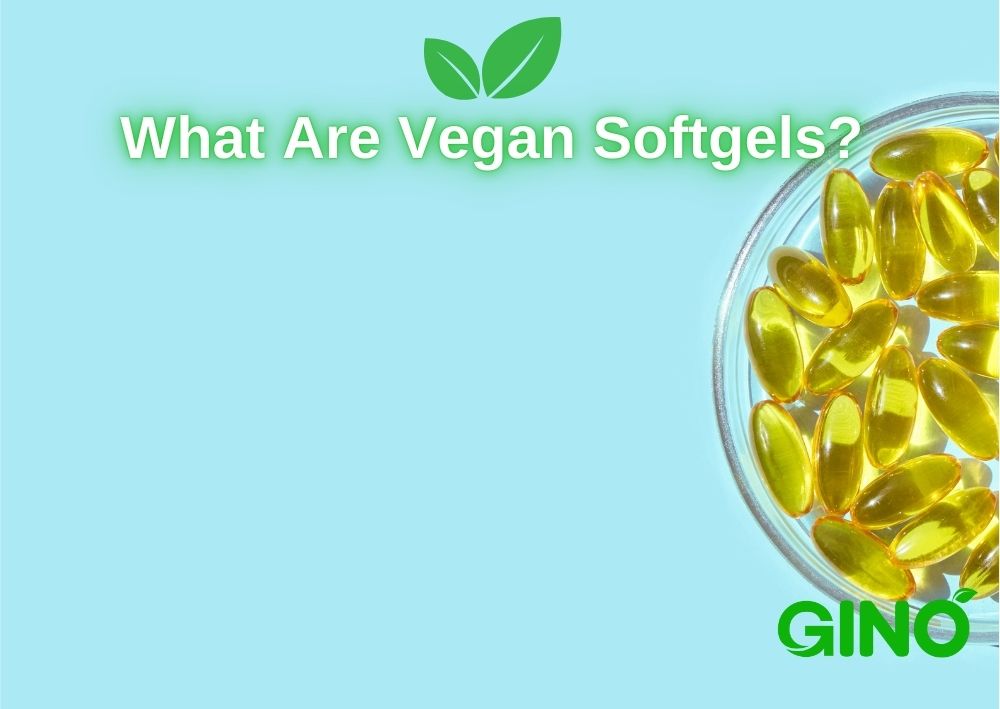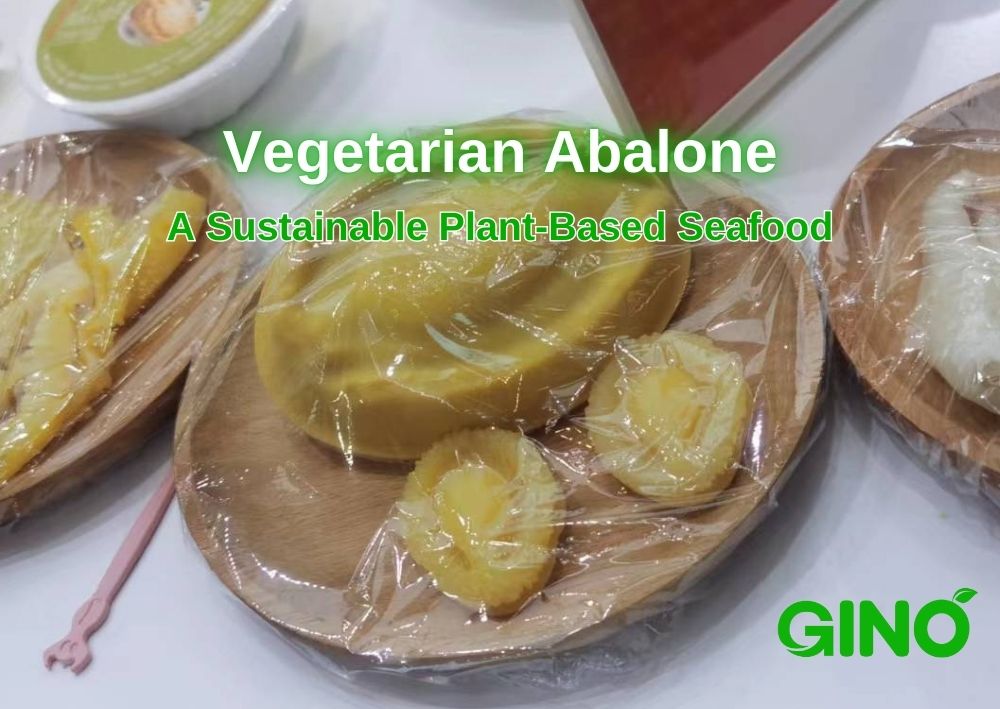ジーノ・バイオテックは10年以上にわたり、食品用ハイドロコロイドの主要サプライヤーです。 植物由来のガムや安定剤を豊富に取り揃え、お客様のニーズに合わせたハイドロコロイドをご提供しています。 続きを読む
植物組織培養用寒天:包括的ガイド
Agar for Plant Tissue Culture
フェイスブック
ツイッター
LinkedIn
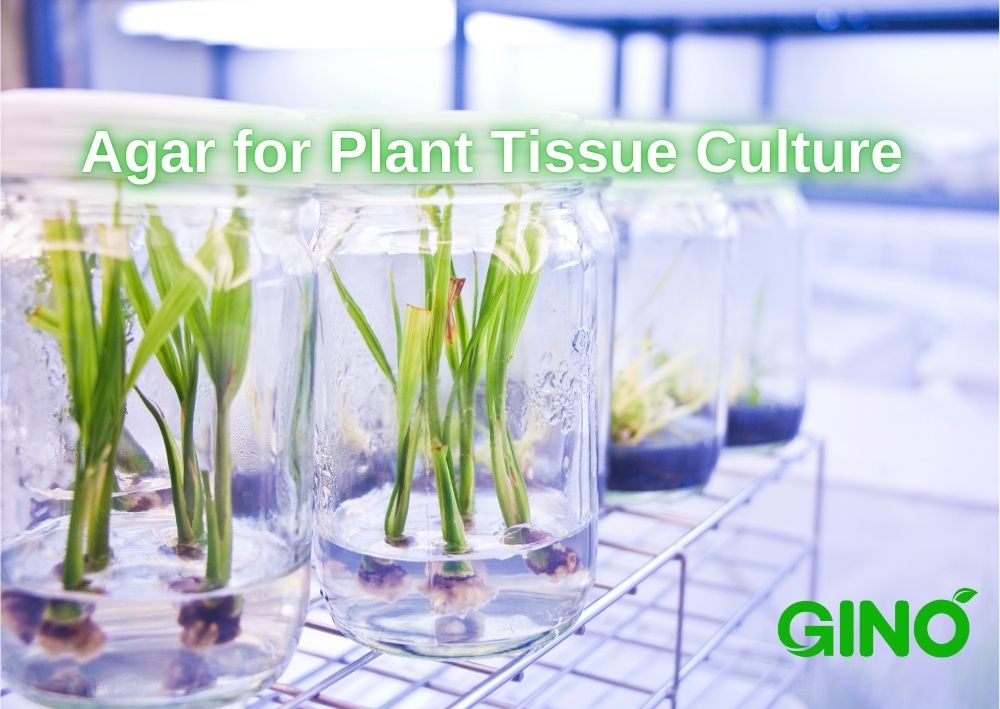
1. What Is Agar for Plant Tissue Culture?
Agar for plant tissue culture is a vital gelling agent widely used in laboratories to support plant growth and development. Derived from red algae, agar provides the structural foundation for culture media, enabling the controlled environment necessary for micropropagation and research.
The primary function of agar is to create a semi-solid medium that holds nutrients, growth regulators, and water in place. This medium ensures optimal conditions for plant cells, tissues, or organs to grow, making agar an indispensable component of tissue culture experiments.
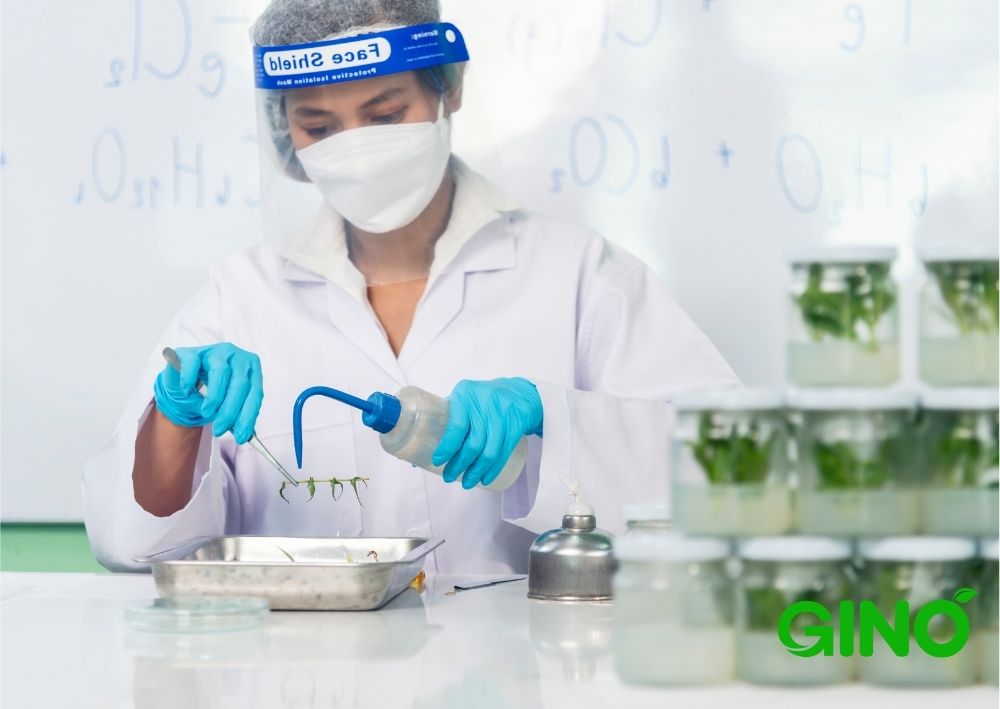
2. Why Use Agar in Tissue Culture?
- Advantages of Agar for Plant Tissue Culture
Agar plays an irreplaceable role in plant tissue culture due to its unique properties and versatility. Here’s a more comprehensive look at its advantages:
- Stable Support for Plant Growth
Agar forms a semi-solid gel that provides physical support for plant tissues or cells, ensuring they stay anchored while accessing nutrients and hormones. This stable environment promotes optimal growth and development. - Controlled Nutrient Delivery
The semi-solid matrix created by agar allows for a slow and even release of nutrients, growth regulators, and water, providing a steady supply essential for consistent growth throughout the experiment. - Sterility and Contamination Prevention
Agar’s ability to withstand high temperatures during sterilization makes it ideal for creating contamination-free media. This ensures the integrity of experiments, particularly in sterile tissue culture environments. - Customizable Gel Strength
The gelling strength of agar can be adjusted to suit different applications. For instance:
Soft gels are used for sensitive tissues, such as callus induction or early-stage explants, while firm gels are ideal for more developed shoots or roots, providing robust support. - Chemical Inertness
Agar is chemically neutral, meaning it does not interfere with other components of the media, such as vitamins, hormones, or nutrients. This ensures the media composition remains predictable and reproducible. - Clarity for Observation
High-quality agar provides a transparent medium, making it easier to observe tissue growth and development under a microscope or during routine checks.
By meeting these diverse needs, agar remains a cornerstone of tissue culture, helping researchers and cultivators achieve reproducible, high-quality results in plant biotechnology.
3. Selecting the Right Agar for Plant Tissue Culture
When choosing agar for tissue culture, it’s essential to consider the following factors:
- Purity:High-purity agar ensures reproducible results by minimizing contaminants.
- Gel Strength:A gel strength of 900–1200 g/cm² is typically recommended for plant tissue culture.
- Clarity:Transparent agar allows better observation of tissue growth and development.
Premium-grade agar for tissue culture ensures that experiments proceed without issues like uneven gelling or media cloudiness, which can compromise results.
4. Comparing Agar with Other Gelling Agents for Tissue Culture
- Alternatives and Enhancements to Agar for Tissue Culture
While agar is the most widely used gelling agent in plant tissue culture, other alternatives, such as gellan gum and carrageenan, are also available. Each gelling agent offers unique characteristics, making it important to choose the right one based on experimental needs:
- Gellan Gum
Known for its clarity and consistency, gellan gum is often used as a substitute for agar in tissue culture. It forms a firmer gel at lower concentrations and is particularly useful in experiments requiring high transparency for detailed observation. However, it is more sensitive to calcium ions, which can complicate media preparation. - カラギーナン
Extracted from red seaweed like agar, carrageenan offers flexibility in gel texture and can be blended with other gelling agents. However, its tendency to shrink significantly during dehydration and release water (syneresis) makes it less suitable for applications requiring long-term stability in tissue culture. - Agar vs. Alternatives
While alternatives have their strengths, agar remains the preferred choice due to its ease of use, chemical inertness, and widespread availability. For general tissue culture needs, agar offers a balance of cost, performance, and reliability that is difficult to match.
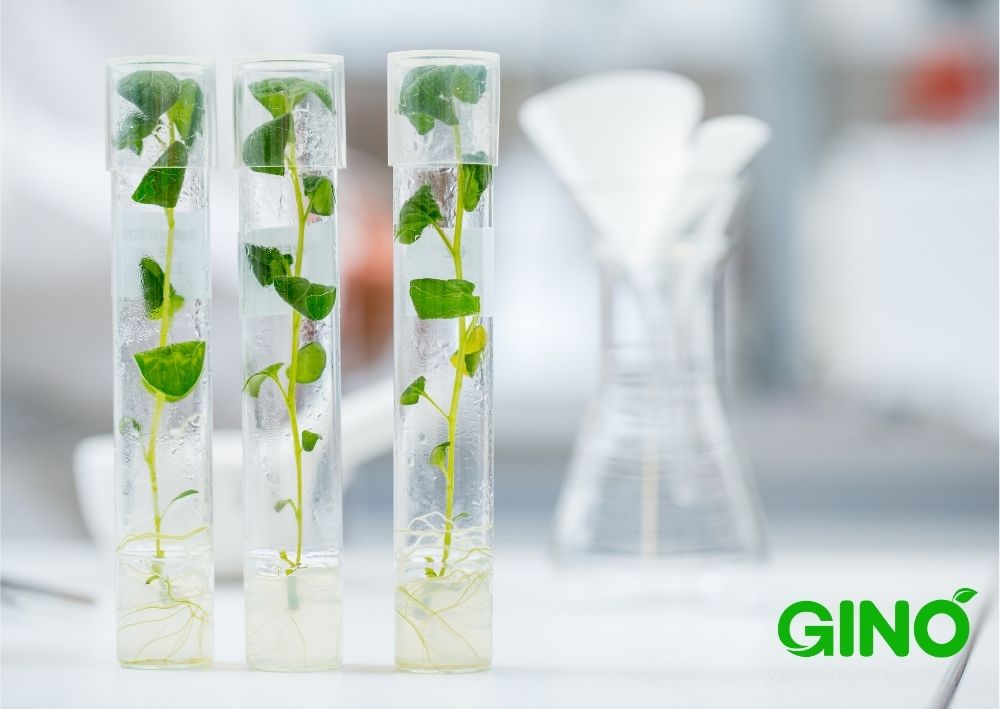
5. Tips for Using Agar in Plant Tissue Culture
To ensure optimal results when using agar for tissue culture, consider the following tips:
- Choose High-Quality Agar
Always use tissue culture-grade agar to minimize contaminants and ensure consistent results. Look for products with high gel strength (900-1200 g/cm²) and good clarity. - Monitor pH Levels
The pH of the media should be adjusted before adding agar. Most plant tissue cultures thrive in a pH range of 5.6-5.8. - Dissolve Agar Properly
Heat the agar in a microwave or water bath until fully dissolved. Avoid overheating, as this can degrade the media components. - Prevent Contamination
Work in a sterile environment, such as a laminar flow hood, and ensure all tools and containers are sterilized to maintain a contamination-free culture. - Store Prepared Media Carefully
Pour prepared media into sterile containers or Petri dishes, seal them tightly, and store them at room temperature or in a refrigerator for short-term use.
By following these tips, researchers and cultivators can maximize the potential of agar in plant tissue culture and achieve consistent, high-quality results.
6. Why Choose Our Agar for Plant Tissue Culture?
Our agar products are specially formulated to meet the rigorous demands of plant tissue culture. Key features include:
- Superior gel strength and clarity.
- Consistent batch quality for reliable results.
- Available in customizable packaging to suit various research or production scales.
7.結論
Agar for plant tissue culture is the foundation of countless scientific advancements in plant biotechnology. From micropropagation to genetic engineering, agar supports precise and controlled growth conditions. By choosing high-quality agar, researchers and cultivators can ensure the success of their experiments and projects.
Ready to elevate your tissue culture results? Contact us today to learn more about our premium agar for plant tissue culture!
チームへのお問い合わせ最近の投稿
粉寒天の価格を左右する要因:知っておくべきこと</trp-post-container
2025-01-18
寒天の栄養成分:健康的で多用途なダイエット食品</trp-post-container
2025-01-18
食品・飲料トレンド2025|口当たりの未来</trp-post-container
2025-01-11
ジーノ・バイオテックについて

当社は、革新的で技術的な食品添加物ハイドロコロイドの研究、開発、商品化を専門とするバイオテクノロジー企業です。 寒天, カラギーナン, そして オーダーメイドのスタビライザー・ソリューション.
ハイドロコロイドの研究、応用、使用における広範なノウハウと経験により、私たちはワンストップショップを提供することができます。 カスタマイズ・ソリューション お客様のニーズに完璧にお応えします。
私たちの 製品 食肉、乳製品、ベーカリー、製菓、その他の産業部門のニーズに対応。


